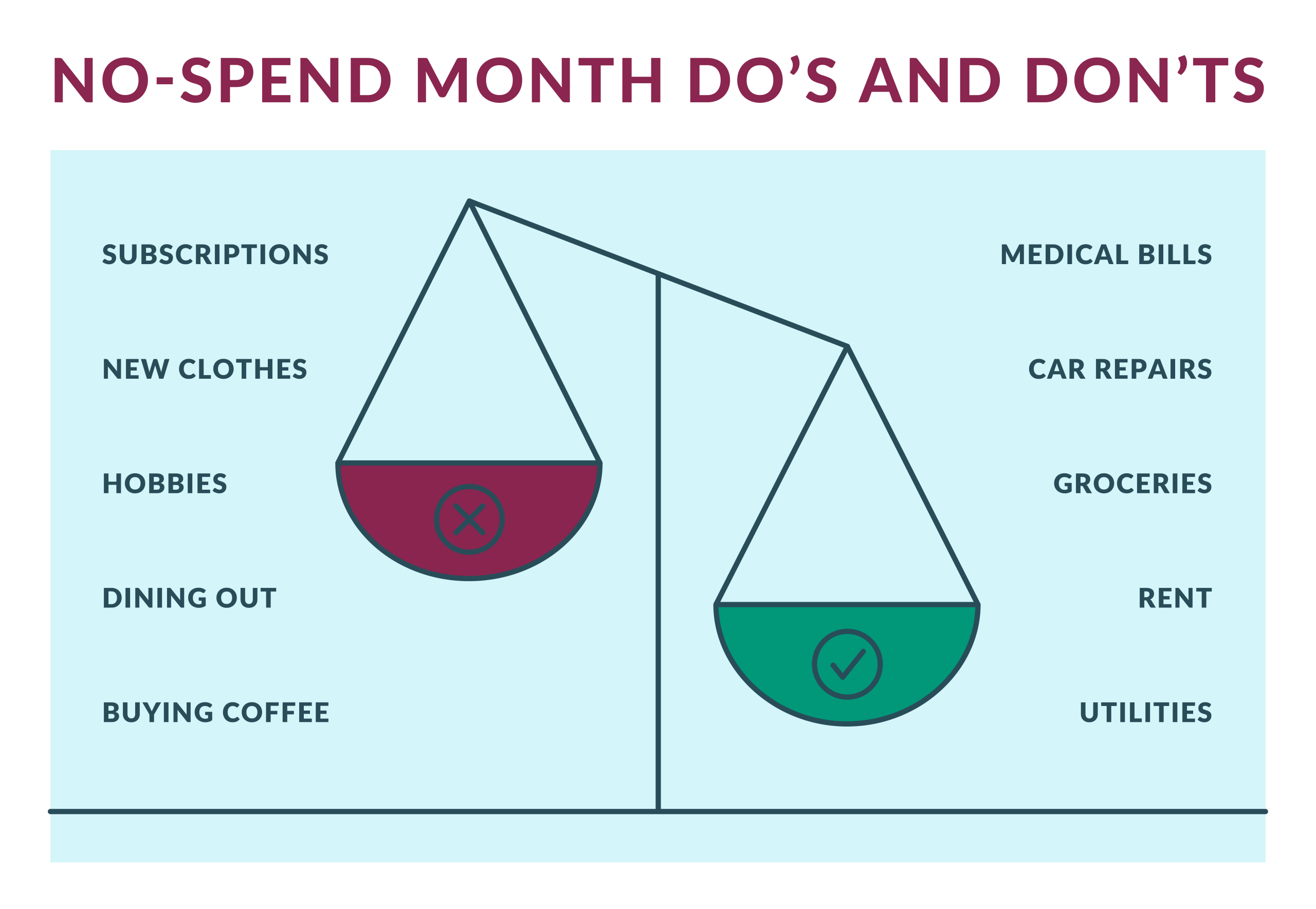Anúncios
Graduation is a significant milestone in anyone’s life. It marks not just the completion of an academic journey but also the beginning of a new phase filled with opportunities and challenges.
For recent graduates, the post-university world may seem filled with uncertainties, especially when it comes to financial matters and credit card tips for new grads.
In this context, responsible use of credit cards can play a crucial role in building a solid foundation for future financial independence.
In this text, we will show credit card tips for recent graduates to help you get better credit. Keep reading to find out!
Check Your Credit Score
Before applying for any credit card, it is essential to understand your current financial situation.
One of the most important ways to do this is by checking your credit score.
Your credit score is a number that represents your ability to pay off debts and is used by lenders to assess the risk of lending money to you.
The higher your score, the more likely you are to receive approval for credit cards with better terms and lower interest rates.
There are several ways to check your credit score, including using specialized websites or mobile apps, and many financial institutions offer free credit score access to their customers.
By understanding your credit score, you will be better equipped to make informed decisions about which credit card is most suitable for you.
Upgrade Your Student Credit Card
Many recent graduates may have acquired a credit card during their college years.
These cards, often known as student credit cards, are specifically designed for college students and usually offer benefits and credit limits tailored to the needs of young adults who are just starting their financial lives.
However, once graduated, it might be time to evaluate whether this credit card still meets your financial needs and goals.
When upgrading your student credit card, you can look for options that offer benefits more aligned with your new life stage.
This could include rewards benefits like cash back or airline miles, lower interest rates, or even the elimination of annual fees.
Additionally, transitioning to a traditional credit card can give you access to higher credit limits and additional features such as fraud protection and travel insurance.
Before making the transition, it’s important to carefully compare the available market offers and consider how each card aligns with your spending habits and needs.
Also, make sure to fully understand the terms and conditions, including fees, penalties, and rewards policies.
By upgrading your student credit card, you can better leverage the benefits offered by traditional credit cards while continuing to build your financial health responsibly.
Pay Your Bills on Time
One of the most crucial aspects of maintaining good financial health when using a credit card is ensuring all your bills are paid on time.
Timely payment not only helps avoid penalties and additional interest but is also key to maintaining a good credit score.
For recent graduates who are starting their financial journey, establishing the habit of paying bills on time is essential.
This not only builds a solid foundation for a positive credit history but also demonstrates financial responsibility to lenders.
Furthermore, by paying your bills on time, you avoid accumulating unnecessary debt and maintain control over your finances.
A useful tip to ensure timely payments is to set up reminders or automatic payments through online banking services.
This helps prevent forgetfulness and ensures that you meet your financial commitments within the established deadline.
Always remember to review your monthly statements for any discrepancies or wrongful charges, and be mindful of the payment due dates for each account.
Paying your bills on time not only strengthens your financial position but also fosters a healthy and trustworthy relationship with financial institutions.
Avoid Using Too Much Credit
While a credit card offers convenience and financial flexibility, it is important to use this tool moderately and responsibly.
One of the most common pitfalls for new graduates is the excessive use of credit, which can lead to accumulated debt and long-term financial difficulties.
To avoid excessive use of credit, it’s essential to establish a clear budget and maintain strict control over spending.
Before making a purchase with a credit card, ask yourself if it is really necessary and whether you will be able to pay the full amount when the bill arrives. Avoid the temptation to spend beyond your means just because credit is available.
Another effective strategy is to set a personal credit limit, which is lower than the maximum limit granted by the card issuer.
This helps ensure that you do not exceed your financial boundaries and limits the risk of accumulating debts that may be difficult to pay off in the future.
Additionally, it is important to be aware of the interest and fees associated with using a credit card.
Interest accrued on unpaid balances can significantly increase the cost of your purchases over time.
Therefore, always aim to pay the full balance of the bill within the established deadline to avoid additional charges.
By avoiding excessive use of credit, you can keep your finances under control, build a positive credit history, and avoid financial problems in the future.
Always remember to use credit responsibly and according to your financial needs and capabilities.
Avoid Fees
When using a credit card, it’s crucial to be aware of associated fees and make every effort to avoid them whenever possible.
Fees can vary depending on the type of card and the issuer, but some of the most common include annual fees, late payment fees, cash advance fees, and foreign transaction fees.
One effective way to avoid fees is to carefully choose your credit card based on your spending profile and financial needs.
Opting for cards that offer lower or no annual fees can help reduce long-term costs.
Additionally, avoid late payments, as they not only result in late fees but can also damage your credit score.
Another important tip is to avoid cash advances whenever possible. This option is often associated with high fees and higher interest rates than regular purchases made with the card.
Instead, plan your spending in advance and use the card only for purchases that you can afford to pay off in full by the bill due date.
If you plan to travel abroad, check if your card charges foreign transaction fees and, if possible, choose a card that doesn’t charge these fees. This can save a significant amount in fees when using the card overseas.
By avoiding fees whenever possible, you can maximize the benefits of your credit card and ensure it remains a useful financial tool rather than a source of additional expenses.
Seek Rewards
When choosing a credit card, a smart strategy is to look for those that offer rewards that align with your lifestyle and financial needs.
Many credit cards offer rewards programs, such as loyalty points, cashback, or airline miles, which can provide tangible benefits based on your everyday spending.
When seeking rewards, it’s important to consider your spending habits and personal preferences.
For example, if you spend a lot on specific categories such as groceries, dining, or travel, it might be advantageous to choose a card that offers extra rewards in these areas.
Similarly, if you travel frequently, a card that offers airline miles or travel benefits might be a more suitable choice.
Additionally, be aware of sign-up bonuses offered by many credit cards.
These bonuses often include an offer of bonus points, cashback, or airline miles after reaching a certain spending threshold in the first few months of using the card.
Taking advantage of these offers can provide a significant initial boost to accumulating rewards quickly.
By using a credit card for everyday purchases, paying bills, and recurring expenses, you can steadily accumulate rewards over time.
However, always remember to use the card responsibly and pay off the full balance of the bill within the due period to avoid interest and additional charges.
By seeking rewards that align with your lifestyle and spending habits, you can make the most of your credit card and gain additional benefits while keeping your finances in check.
With these tips, you can secure a good credit card as a recent graduate and make better use of your credit. Put these into practice to get your card. Be sure to check out more tips on our page.






